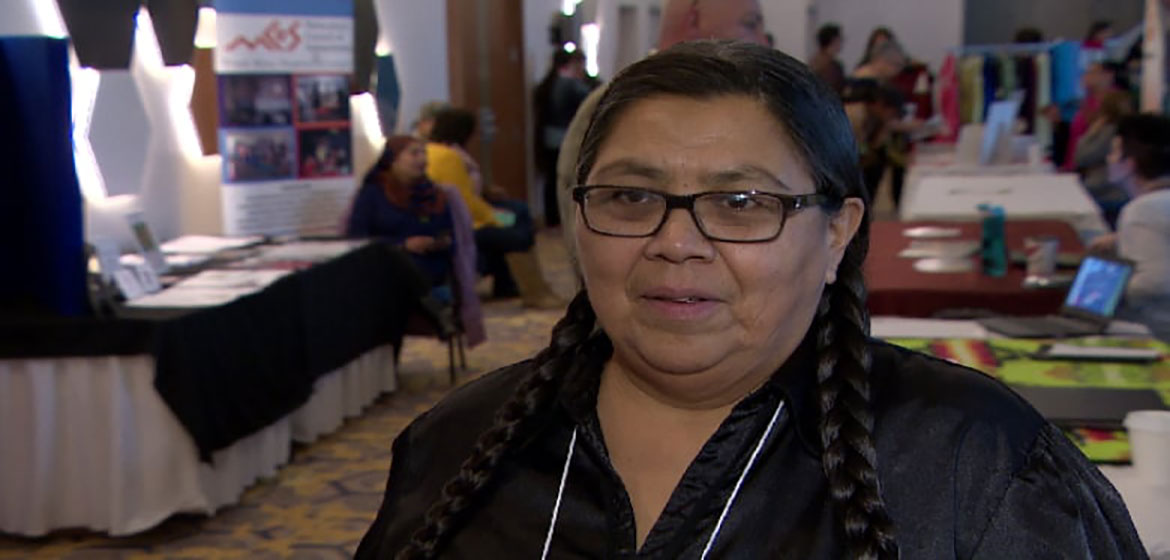By David Shield
'It's not lost; it's merely sleeping and I need to wake it up,' says Ira Horse
It's a rare day when you hear English spoken at Ira Horse's house.
Her husband, a fluent Cree speaker, vowed to never lose his language after running away from residential school as a young child.
When Maxwell married Ira, the couple started a game. Every time she spoke English, she would pay him a dollar. If she used Cree at home for an entire week, she got $20.
"When it started costing me money, I started branching out," she said.
These days, the entire family, including their 13-year-old grandson and five-year-old adopted son, speak Cree almost exclusively. They call Thunderchild First Nation, northwest of Saskatoon, home.
It's not lost; it's merely sleeping and I need to wake it up.
- Ira Horse
While Ira admits to bending the rules occasionally, Maxwell will only answer to the children when they speak Cree.
It has also meant being creative around television programs.
"When [our grandson] was small, we were selective what he watched," Ira said. "We let him watch Pingu, because they don't speak, and he watched the Cree version of Wapos Bay. I think when they're that small, it's the best time."
Now, both children are fluent Cree speakers.
Ira will be speaking at this year's First Nations' Language Keepers Conference sponsored by the Saskatchewan Indigenous Cultural Centre in Saskatoon. The conference brings together academics, knowledge keepers, elders and students from across Canada and the United States.
"There's hope," she said. "I've said it before and I'll say it again today: It's not lost; it's merely sleeping and I need to wake it up."
Source:
Related to SDG 10: Reduced inequalities



